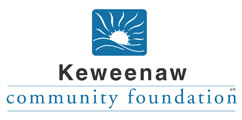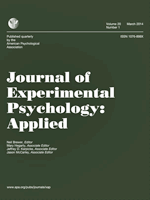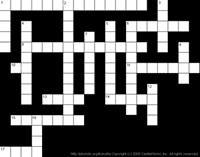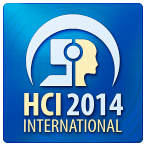Candidate for chair of the Department of Cognitive and Learning Sciences, Susan Amato-Henderson, currently associate professor of psychology and graduate director, will present a synopsis of her research, teaching, and research accomplishments, lay out her vision for the Department of Cognitive and Learning Sciences, and field questions from interested parties, from noon to 1 p.m. Friday, Jan. 17, in the Meese Center 110.
From Tech Today.





